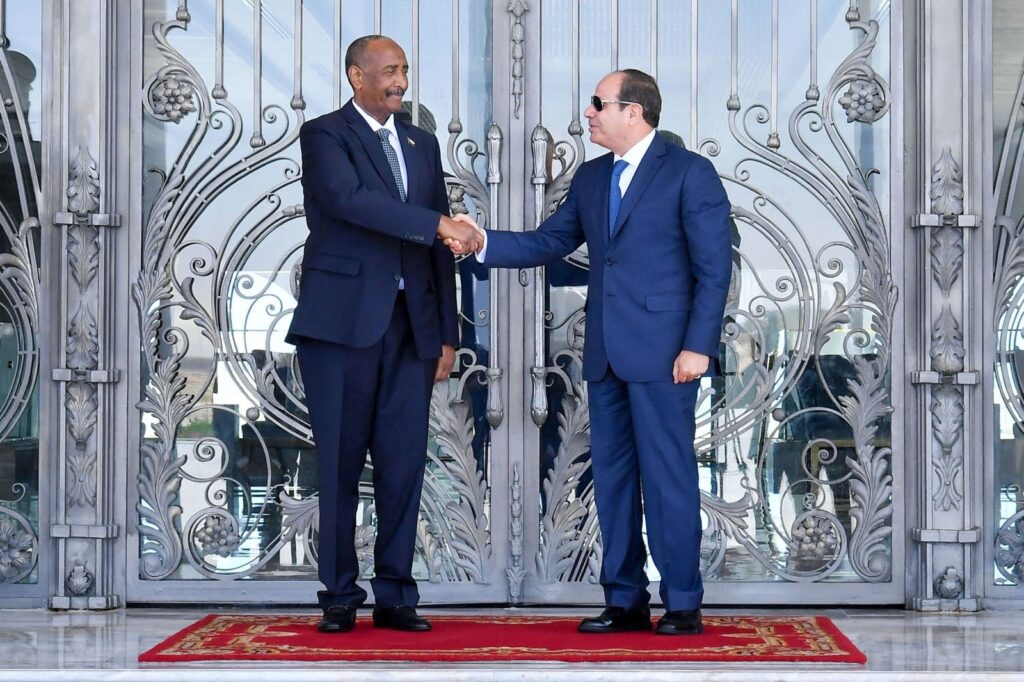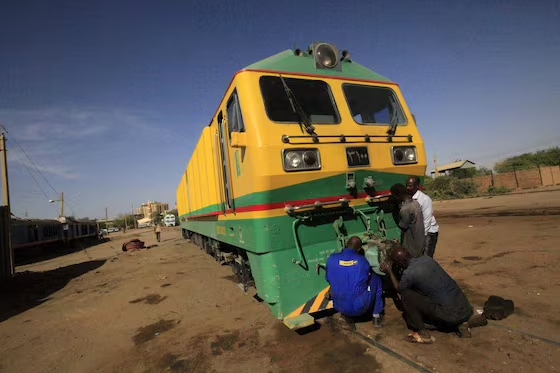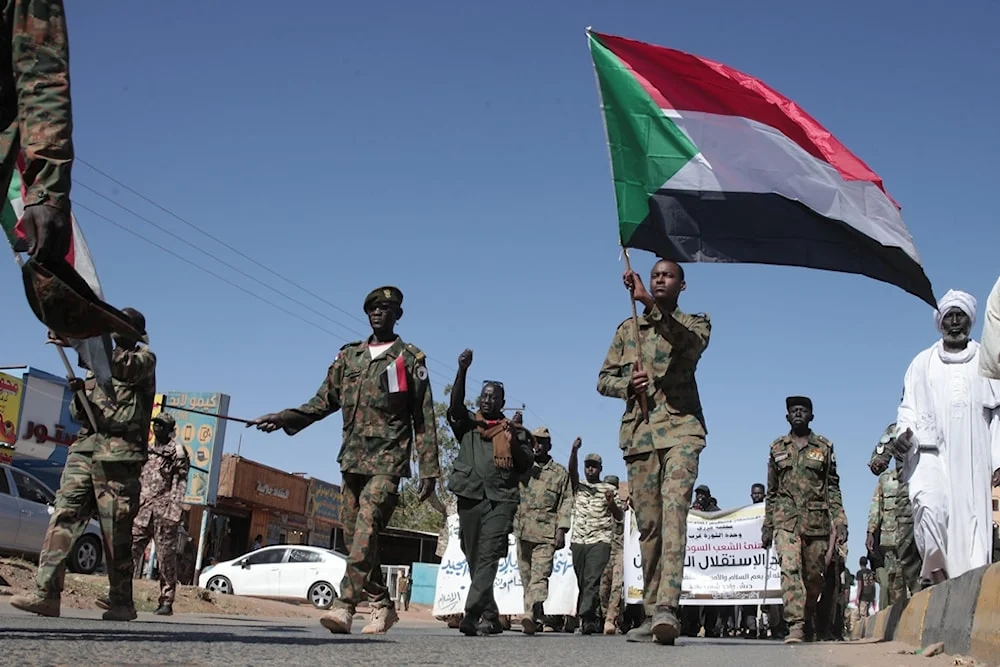
Egypt’s role in Sudan’s war is no longer just a political approach guided by neighbourhood concerns or border security, over time, it has become a heavy issue dominating regional discussions on why the conflict persists and why peace efforts falter. Reports of direct military involvement, supplying the Sudanese army with weapons and ammunition, or conducting air operations from Egyptian bases, raise a key question: to what extent has Cairo, directly or indirectly, contributed to prolonging one of Africa’s deadliest conflicts in recent years?
For months, air power has significantly shaped the battlefield. While the Sudanese army is accused of relying on external support for its aerial capabilities, multiple sources point to Egyptian involvement. Fighter jets reportedly taking off from bases near the southern border have sparked suspicion over their missions, particularly when some airstrikes coincided with Sudanese army maneuvers on the ground. These strikes devastated populated areas, hitting homes, markets, mosques, and health centres, echoing past wars that made no distinction between civilians and combatants.
Experts agree that air interventions, whether politically approved or covertly arranged, are inseparable from the heavy civilian toll. Warplanes cannot reliably distinguish between moving targets on narrow streets, especially when combatants operate within civilian areas. Repeated bombings in Khartoum, Omdurman, and Darfur have turned peaceful neighbourhoods into scenes of destruction, with Sudanese families paying the heaviest price. Human rights groups warn that some strikes may constitute serious violations of international law if external support or planning is confirmed.
Accusations extend to attacks on humanitarian convoys. Millions remain trapped in areas cut off from food and medical aid, while several incidents have targeted UN or local relief vehicles. These assaults affected supposedly safe routes under established humanitarian agreements. Witnesses report unidentified low-flying aircraft over convoys heading to western Sudan, forcing relief teams to retreat for fear of potential attacks. Though no official confirmation exists, the timing alongside Sudanese army operations raises suspicions of technical or intelligence support.
A more concerning claim involves a supply route for Egyptian weapons to the Sudanese army. Though largely unreported, security sources indicate these shipments use familiar desert paths along the poorly monitored northern border. The deliveries reportedly include ammunition, light arms, and possibly spare parts for armoured equipment, critical for an army rapidly depleting its resources in ongoing battles. This flow of weapons not only strengthens one side over another, but perpetuates the war by providing external support instead of allowing political solutions to take effect.
Analysts note the political dimension, historical ties between the Sudanese army and Islamic movements, particularly factions linked to the Muslim Brotherhood, mean any support now indirectly strengthens these groups. This presents a paradox for Egypt, which has openly opposed the Brotherhood since 2013. By backing Sudan’s military institution, Cairo risks unintentionally reempowering forces long seen as a domestic threat, exposing a key contradiction in Egypt’s approach to the Sudanese conflict.
Meanwhile, the Sudanese people continue to suffer most. Besieged neighbourhoods cannot accommodate more wounded, hospitals lack medicine and electricity, and vital roads have become open graveyards. Children starve, women endure extreme violations, and men die in bombings or clashes unrelated to their actions. Every new shipment of arms further escalates the toll, instead of bringing the war closer to an end.
This military involvement coincides with a domestic economic crisis in Egypt. Currency devaluation, rising poverty, and growing debt raise questions about the wisdom of spending state resources on an overseas war with no direct benefit to citizens. Egypt’s budget faces severe pressures, with crucial sectors like health, education, and infrastructure underfunded. In this context, allocating logistical or financial support to a foreign conflict seems increasingly untenable.
Egypt’s real interest lies in ending the war, not prolonging it. Sudanese stability is a strategic necessity for Cairo, forming a key southern buffer. Instability there risks regional chaos and unpredictable security threats. Such stability cannot be achieved through military aid alone, but requires a comprehensive political approach encouraging Sudanese negotiations and international enforcement of a ceasefire, alongside secure humanitarian corridors.
Ultimately, Egypt’s role in Sudan’s war, fraught with complexity, demands a serious reassessment that prioritises the welfare of both peoples. Sudan, collapsing day by day, needs a hand of peace, not more missiles, while financially strained Egypt must focus on internal priorities rather than military adventures that do not serve its or the region’s stability.




